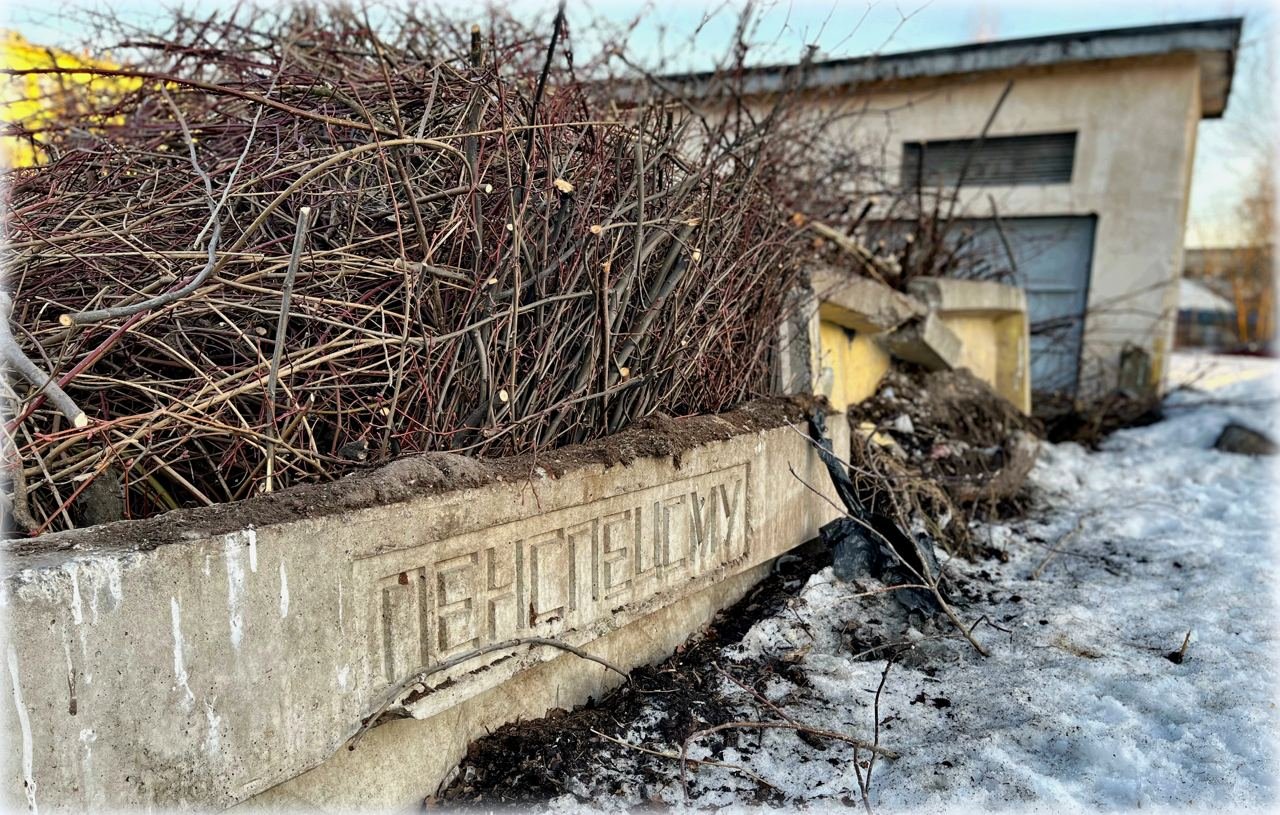GAP: Gleaned-Access Publishing
By Xenia Cherkaev (Higher School of Economics, St. Petersburg)
Academic publishing throws up thorny hedges between haves and have-nots. Hack open pathways, break footpaths into enclosures, set your texts free. You wrote them, they’re yours. Boom. Steal back your texts and post them to an open-access repository. Tell everyone that gleaning from fields of copyrighted works constitutes harmless use (Gordon 2009).
Anthropologists read widely, cross many fields, see many forms of enclosure. Brill: tantalizingly esoteric but frustratingly hard to get into. NIH-funded studies: accessible on PubMed. HeinOnline: nearly impossible to crack. Cultural Anthropology, open. American Anthropologist, mostly closed.
Access is about enclosure—and it’s about endowment. The American academic system hinges on glorified hedge funds. Endowments grew exponentially since the 1990s, untaxed. They made a killing on the pandemic. Universities are nonprofits, but not without profit: university presidents make more in a year than most Americans make in over a decade. Outside these universities’ wrought-iron fences are underfunded school districts, impoverished neighborhoods, children sleeping in cars. Outside are also academics like me, with precarious library access and without stable jobs. Whole scholarly communities are locked out of academic debates by paywalls erected around easily shareable texts. The system is fiscally sound but morally bankrupt. Long term solution: defund the endowments, fund public schools. Defund university administrations, fund open-access publishing. Expropriate resources and manage them for the public good. Short-term solution: hop over the hedge.
There are many of us outside Academia’s gilded Manor. Unaffiliated and underemployed, we work by gleaning: what naysayers call “piracy.” When states block our access to the means of production, we burrow through TOR. (Sci-Hub is banned in Russia, where I live. So is the BBC). For me personally, there is also another solution: I can knock at the gate. Unlike most other gleaners, I come from the Manor myself. I studied at an Ivy League university, I have friends on the propertied side of the fence. If I need some particular text, I can ask. Yet when I see Sci-Hub down, a fear grips me: What if it closes? A third solution depends on the hospitality of strangers: on authors posting their own texts online. Some authors refuse. For fear of the law? Or because they delight in seeing a well-enclosed field?
You who live in the Manor, go down and machete a path through the hedges. The harvest is plentiful. Be your own system’s parasite. Steal back your own texts.
“The worlds revolve like ancient women / Gathering fuel in vacant lots.” Photo courtesy of Elena Tipikina.
References Cited
Gordon, Wendy. 2009. “Harmless Use: Gleaning from Fields of Copyrighted Works.” Fordham Law Review 77 (5): 2411–35.
Bio
Xenia Cherkaev is a historical anthropologist of socialist property law. Her book Gleaning for Communism: The Soviet Socialist Household in Theory and Practice is forthcoming at Cornell University Press.
